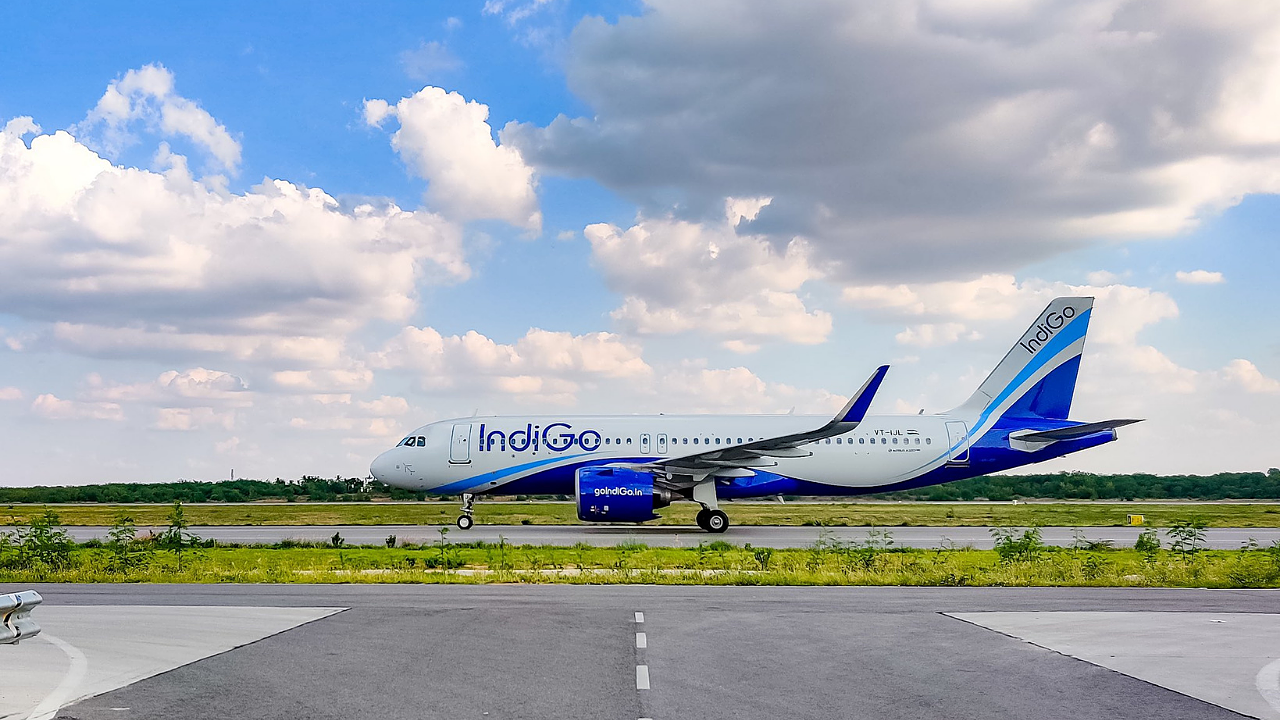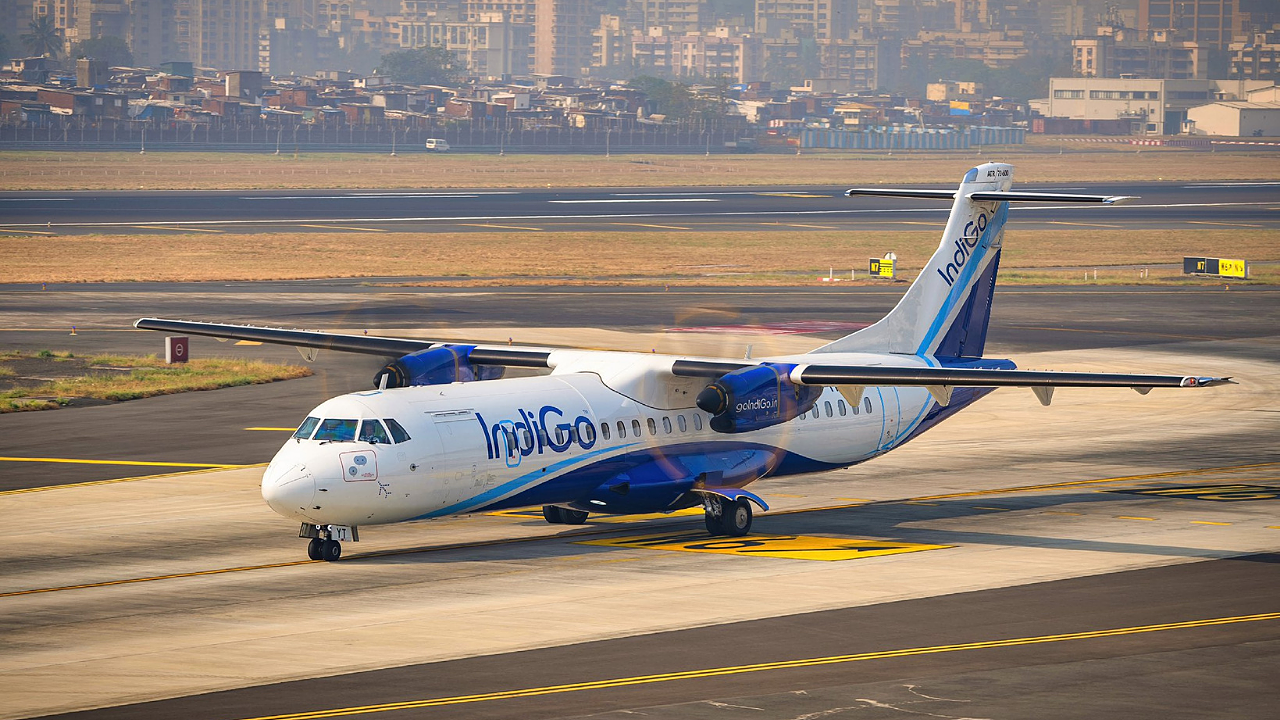
India’s leading airline, IndiGo, appears well placed to profit from the resumption of air travel in the coming months, even as it comes out of what has been a challenging year for the entire aviation industry.
Despite the challenging market situation, IndiGo’s senior management appears to have adroitly navigated the ravages of the COVID-19 pandemic on air travel, and the airline is likely to consolidate its market share further as domestic air travel reopens all over India.
“IndiGo has dedicated the past 12 months to strengthen its competitive position in the industry in terms of fuel costs, liquidity, customer service levels, network, and employee training & culture. We are therefore poised to expand aggressively both domestically and Internationally once this pandemic is over,” IndiGo’s CEO Ronojoy Dutta said during the announcement of Q4 FY21 results on June 10.

Challenging environment
IndiGo would have hoped to be on the road to recovery starting earlier in the year, and signs at the beginning of the year were encouraging, with the airline witnessing a steady recovery in traffic with over 180,000 passengers travelling daily by the end of February when peak load factors were as high as 85% on certain days. Daily bookings at that period also peaked at 231,000 bookings per day, and bookings on certain days in February peaked at approximately 80% of pre-covid levels.
The pandemic’s second wave severely impacted IndiGo, and the significant drop in travel demand was further exacerbated by a nearly 1/3rd increase in average fuel prices. As a result, the Low-Cost Carrier (LCC) ended up with a net loss of nearly INR 6,000 crore for the full fiscal year 2021.
IndiGo’s CFO, Jiten Chopra, said during the earnings call that the LCCs average net cash burn in the March quarter stood at INR 19 crore per day compared to INR 15 crore per day in the December 2020 quarter. Chopra anticipates IndiGo’s cash burn to further increase in the June quarter.

According to IndiGo, the decline in air travel in March further accelerated in April and May, but a recovery in air traffic started in the last week of May has continued into early June.
“We are hopeful that with the reducing trend in COVID cases and the increased pace of vaccination, passenger confidence and airline traffic will gain further momentum by early July,” Dutta said.
IndiGo now hopes to attain February 2021 domestic travel levels again only by the third quarter of FY22. International air travel is likely to remain severely impacted till the end of the year and its international capacity in the fourth quarter was approximately 30% of pre-COVID capacity.
However, IndiGo could benefit on international sectors with its A321neo (new engine option) fleet, as the larger widebody aircraft belonging to competitors may prove difficult to operate profitably with lower passenger volumes. The A321neo will allow IndiGo to connect international destinations like Shanghai and Tel Aviv with major Indian cities and is likely to be the trump card in its fleet compared to its domestic competition on international routes. Due to the pandemic, many travellers would also prefer non-stop flights than making a single stop-over on international routes.
Cargo and more efficient aircraft a saving grace
IndiGo targets cargo revenues in a big way for the future with a dedicated fleet of freighter aircraft, which will benefit from its robust route network across India and neighbouring countries. Revenues from IndiGo’s cargo business increased by 9.6% in FY 2021 compared to the previous year, and this income has been much-needed support for the airline when its passenger services were severely impacted. IndiGo CarGo will induct the first of its A321P2F - Passenger- to-Freighter aircraft in the first half of next year. The airline is planning to source four A321ceo (current engine option) aircraft, which will be converted to freighter aircraft. This will provide CarGo with the most efficient narrow-bodied freighter available, offering 24 container positions and supporting a payload of up to 27 tonne. The airline’s investment in the freighter programme will allow it to quickly build cargo capacity when demand for such services is high.
Despite pandemic related operating and financial constraints, IndiGo remains focused on its goal of replacing its older A320ceo Family jetliners with more modern and fuel-efficient A320neo family aircraft. As of March 31, 2021, IndiGo operated 120 A320neos, 100 A320ceos and 39 A321neos compared to 123 A320ceos, 120 A320neos and 14 A321neos a year ago. The A320neos are approximately 15% more fuel-efficient than their predecessors, while the A321neos are 10% more efficient than the smaller A320ceos. A320neo family jetliners will replace the LCCs entire A320ceo fleet by 2025.